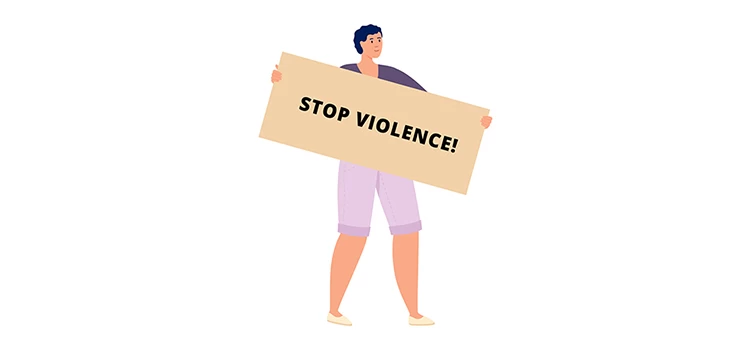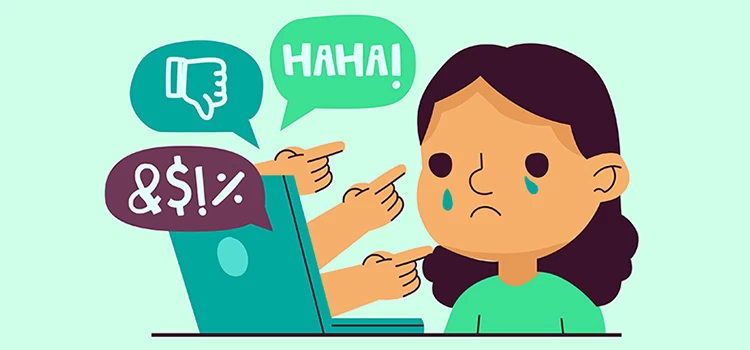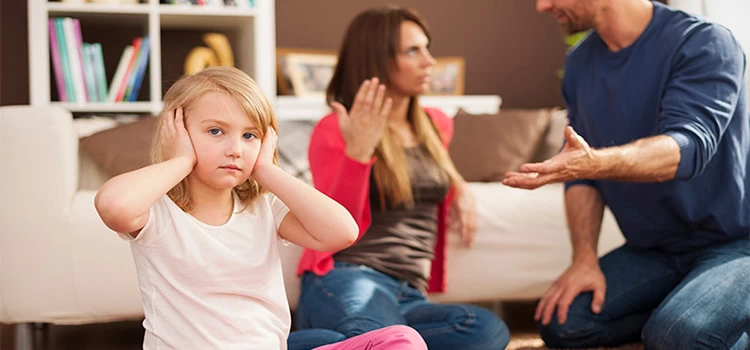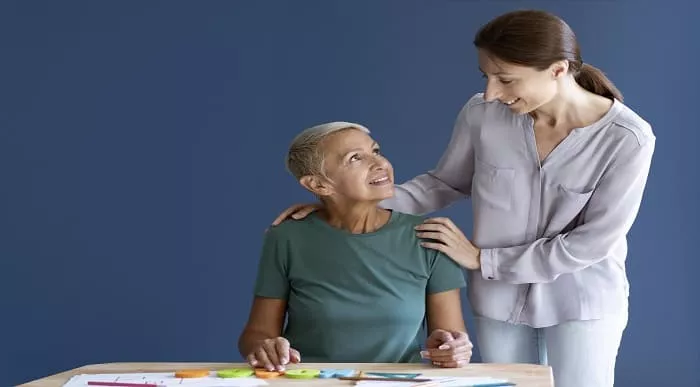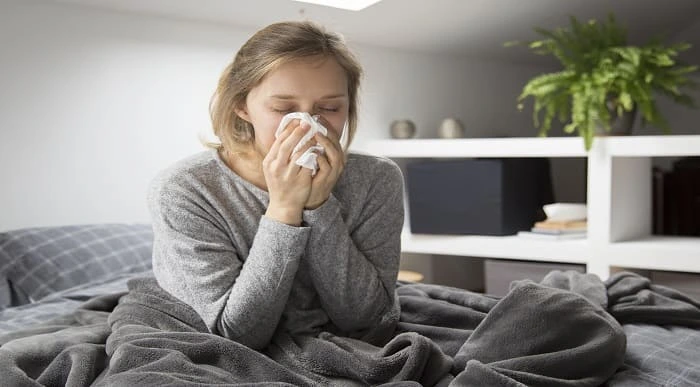Health and Safety
15 Ways of Supporting Individuals with Awareness of Personal Safety
Many people are unaware of the different types of abuse and how they can become victims of one. Awareness of personal safety is critical because it can protect us from being abused. Supporting individuals with awareness of personal safety entails informing them about different types of abuse and how to recognise and protect themselves. It’s a crucial topic that doesn’t really get that much light as we don’t think about personal safety till we fall into a situation where it gets compromised.
This blog will address just that. First, let’s clarify what awareness of personal safety is and how it can help you as well as others around you.
Table of Content
- What is Awareness of Personal Safety?
- Common Types of Abuse
- Ways of Supporting Individuals with Awareness of Personal Safety
- 15 Principles of Awareness of Personal Safety
- Conclusion
- FAQs
- How does having respect for someone’s personal values, beliefs, preferences and life experiences reduce the likelihood of them being abused?
- How can working with person-centred values reduce abuse?
- What is your role and responsibilities in safeguarding individuals?
- How does promoting rights and choices reduce abuse?
- How duty of care contributes to the safeguarding and protection of individuals?
- What to Read Next:
What is Awareness of Personal Safety?
If a person is aware of all sorts of abuse, they will be able to recognise potential violence and abuse quickly. They will also understand how to effectively defend them if they are abused or in danger of being abused.
This is a simple definition of awareness of personal safety.
So, how can you be aware of our personal safety? Here’s a quick bucket list.
1. You have to be aware of and capable of recognising all types of possible abuse.
2. You also need the preparation to deal with such a situation in advance of any occurrence.
3. Be aware of the steps you need to take in the event of any form of abuse or possible abuse.
4. A good understanding of how to protect yourself, including preventative strategies.
5. Awareness of your legal rights and responsibilities.
 Looking for a social work and community care training course?
Looking for a social work and community care training course?
Why Supporting Individuals With Awareness of Personal Safety is Important?
Personal safety is an important subject. You or I may or may not be victims of abuse, but many people are abused regularly just because they don’t know how to deal with it. We should be more vocal about personal safety so that people know what to do when they fall victim to any kind of abuse.
Develop Your Team to Lead The Industry
Get fully accredited thousands of high quality online courses taught by the world’s leading experts suitable to companies of all sizes.
Common Types of Abuse
The first step in understanding your personal safety is to recognise the types of abuse. Here are some common types of abuse.
Physical Abuse
Physical abuse occurs when an individual’s body is harmed or injured, such as when a person punches another person.
Psychological Abuse
Emotional abuse like bullying can push a person to lose all sense of self-worth and confidence. As a result, they end up feeling unloved. But it’s not only bullying that can disrupt the psychology of a person. Many other things like pressure, intimidation, threats, or humiliation can have the same effect too.
Sexual Abuse
Some people are often forced to engage in a sexual relationship or engage in sexual behaviours that they do not want to do or cannot consent to. These are all types of sexual abuse. An adult having sexual relations with a kid under the age of 16 is also a form of sexual abuse, as kids are often so naive that they rarely realise that they are being exploited.
Domestic Abuse
Domestic abuse is threatening behaviour, aggression, or abuse between those directly or intimately related, such as family members or spouses. If your spouse refuses to let you leave the house, it’s a form of domestic abuse.
Financial Abuse
If someone uses your money, finances, or goods without your consent, that’s financial abuse.
Institutional or Organisational Abuse
When the needs, wishes, and preferences of an organisation are unjustly prioritised over your needs, wishes, and preferences, that’s organisational abuse.
Discriminatory Abuse
When an individual or group is treated unfairly because of a protected feature (as defined in the Equality Act 2010), it’s discriminatory abuse. For example, if you are denied access to certain activities due to your sex, that’s discriminatory abuse.
You can check out our other blog on Safeguarding in health and social care assignment.
Modern Slavery
Human trafficking, forced labour, and domestic servitude are examples of modern slavery.
Self-Negligence
When a person is unable or unwilling to take care of their own basic necessities, that’s self-neglect.
Neglect by Others
If your basic requirements are neglected by someone who is supposed to take care of you, that’s is a form of abuse. Say, for example, you’re in a care home. If you suffer from malnutrition, it is because the care home didn’t take proper care of you, and as a result, your body doesn’t have the nutrition it needs.
On-Demand Accredited Courses
Learn new skills from industry experts. Select from more than 2,000 online courses, find the ideal course for you.
Ways of Supporting Individuals with Awareness of Personal Safety
If you want to support yourself or any other individual with awareness of personal safety, there are several things that you can do.
The first step is to know who are more vulnerable to abuse than others.
Who are Vulnerable to Abuse?
If any or a combination of the following is a factor in your life, it may make you more vulnerable to abuse.
- Low self-esteem or self-assurance
- Lack of self-reliance
- Lack of money or assets
- Lack of education
- Having little or no access to information and support
- Dependence over others or having no one to take care of you
- Not receiving the right care and support
- Traditions, culture, and religion
- Age – for instance, the extremely young and the older people.
- Difficulty of communication
- Problems with mental health
- Mental incapacity: The inability to make decisions regarding one’s own health and well-being
- Addiction to drugs
- Isolation
- Past experiences of abuse
- Possessing characteristics that could lead to discrimination
Let’s check out our other blog on Active Participation in Social Care.
Legislation and Authoritarian Bodies
Next, you have to know the authoritative bodies that were exclusively created to help you. Apart from local police, authority or health care, you also have to be aware of your legal rights. Legislations that can protect you in this regard include:
1.Human Rights Act 1998
2.Mental Capacity Act 2005
3.Safeguarding Vulnerable Groups Act 2006
4.Equality Act 2010
5.Care Act 2014
6.Data Protection Act 2018
There are multiple government policies that are also there to help you. These include:
Government Statement of Policy on Adult Safeguarding
Local governments, healthcare providers, and law enforcement agencies can use this set of principles to establish their own local policies.
The CQC is in charge of inspecting and regulating care providers.
Prevention in Safeguarding (Social Care Institute for Excellence- SCIE)
This is a guide on the prevention of abuse.
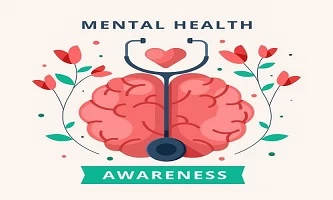
Mental Health Awareness Course Online
- Accredited Courses
- Tutor Support Included
- 3 Installment Plan at checkout
- 14 Days Money Back Guarantee
15 Principles of Awareness of Personal Safety
Lastly, you have to be aware of the principles that can help you support individuals with personal safety and awareness of personal safety. It will also help you avoid invading others’ feelings of personal space. These include:
1. Ensuring that government policies regarding personal safety are known, understood, and followed.
2. In an organisation:
a.Ensuring that you and everyone else also follow organisational policies.
b.Tailoring any contact with clients that coincides with their needs.
c.Keeping professional boundaries in mind.
d.Paying attention to clients and respecting them.
e.If the client has any personal needs, ensure that other staff know about this.
f.Ensuring proper and safe use of equipment.
3. Avoiding favouritism.
4. Avoiding bias.
5. Avoiding discrimination of any kind.
6. aluing inputs and criticism from others.
7. Totally avoiding of disrespectful or discriminatory language.
8. Properly reporting of abuse with authority as well as others concerned like family and friends.
9. The same goes for suspicions of abuse.
10. Unethical behaviour should always be criticised and reported the same way.
11. During activities with children and young people, ensure that more than one adult is present.
12. Encourage young people and adults to speak up about attitudes or behaviours that they don’t agree with.
13. Be aware of a person’s right to privacy.
14. Maintain extra caution while discussing delicate subjects with clients, particularly children.
15. Practising “Active Participation”. This essentially refers to seeing people as active participants rather than passive recipients of their own care or assistance.
Conclusion
Wherever you are, awareness of personal safety is always essential. So supporting individuals with awareness of personal safety is equally important. It means that you have done the due diligence on your part. Most of the time, people who fall victim to abuse don’t know what to do. So, it starts with the awareness regarding their rights.
FAQs
How does having respect for someone’s personal values, beliefs, preferences and life experiences reduce the likelihood of them being abused?
Abuse sometimes stem from the difference in personal values and beliefs. If we can establish a culture where differences like these do not alienate people, we can vastly reduce abuse as thus.
How can working with person-centred values reduce abuse?
Person-centred values are guiding concepts that help us put the individual receiving care or support at the centre of all we do. Individuality, independence, privacy, collaboration, choice, dignity, respect, and rights are some examples of person-centred values.
What is your role and responsibilities in safeguarding individuals?
Observe the following:
- Work in a way that protects and prevents individuals you support from harm.
- Recognize the warning indications of abuse or neglect.
- Keep track of any issues or incidents and report them.
How does promoting rights and choices reduce abuse?
The more people are aware of their rights and choices, the more likely they are vocal about abuse. However, if abuse goes unnoticed due to the victim hiding the fact, there is really nothing that we can do.
How duty of care contributes to the safeguarding and protection of individuals?
The workplaces that are most safe to work at are those where everyone observes their duty of care. There was a reason behind making this a policy that has to be observed at every workplace. Without it, making sure everyone is aware of safety would prove difficult.
What to Read Next:



 Looking for a social work and community care training course?
Looking for a social work and community care training course?